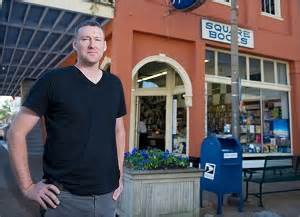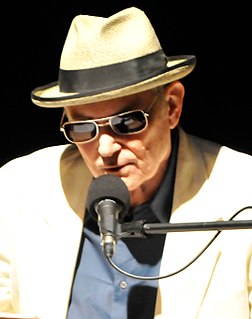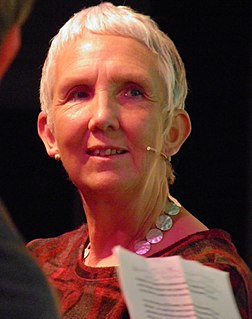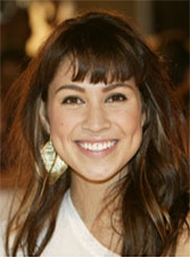A Quote by Benjamin Disraeli
Related Quotes
I can write any kind of novel I want, any time, and sell it, but there's not that many people watching it. Even a low-rated TV show is a couple million more people than read my books. You want to be read, in essence. If you're a television writer, you're a writer and you want people to read your stuff. You're still reaching a bigger audience, that way. That's a philosophical way to look at it.
I don't think about the reader in any conscious way that impacts the writing, as far as, Hey, most readers would like this! But at the same time, if it were presented to me: "John, you're going to write a novel. It's going to take you a few years. When you're done with it, there's a law that no one's allowed to read it." I don't think I would write it. I want someone to read it!
If you wait until you got time to write a novel, or time to write a story, or time to read the hundred thousands of books you should have already read - if you wait for the time, you will never do it. ‘Cause there ain’t no time; world don’t want you to do that. World wants you to go to the zoo and eat cotton candy, preferably seven days a week.
When I went to the University of Iowa in order to be a writer, I thought, This is the worst way to learn how to write. To sit in a room with a bunch of would-be writers, who want to write the Great American Novel, every one of them, and you read their stories and they read yours, and you're not living a life. I don't like that. I like learning on the job. The character of my work has definitely evolved from the character of my life.
I don't impose political responsibilities on my fiction. The last thing I would ever want to do, for example, is write a novel that would appear to want to tell people what to think about the immigration debate, and I would never write a novel whose sole ambition was to give a "positive" view of immigrants. I'm for open borders, by the way - down with the nation state!
A novel can educate to some extent, but first a novel has to entertain. That's the contract with the reader: you give me ten hours and I'll give you a reason to turn every page. I have a commitment to accessibility. I believe in plot. I want an English professor to understand the symbolism while at the same time I want the people I grew up with - who may not often read anything but the Sears catalog - to read my books.
The point is, that the function of the novel seems to be changing; it has become an outpost of journalism; we read novels for information about areas of life we don't know - Nigeria, South Africa, the American army, a coal-mining village, coteries in Chelsea, etc. We read to find out what is going on. One novel in five hundred or a thousand has the quality a novel should have to make it a novel - the quality of philosophy.


































